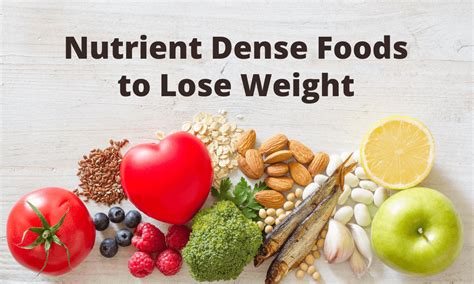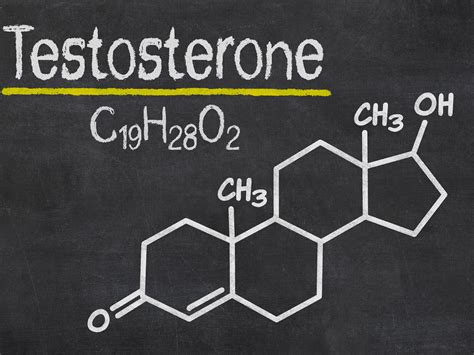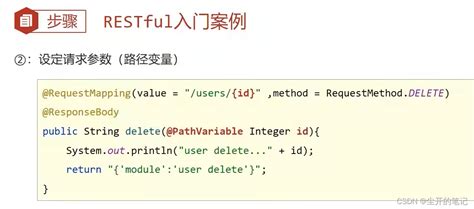Optimize male health: What diet & training optimize testosterone and energy?

Unlocking Peak Male Health: A Holistic Approach
Optimizing male health goes beyond just looking good; it’s about feeling energized, maintaining a robust metabolism, and supporting crucial hormonal balance, particularly testosterone. Low testosterone can impact everything from energy levels and mood to muscle mass and libido. The good news is that diet and training play incredibly powerful roles in naturally enhancing these vital aspects of male well-being. By making informed choices, men can significantly boost their testosterone and energy levels, paving the way for a healthier, more vibrant life.
![The Complete Guide to Process Optimization [Definition, Steps, Examples]](/images/aHR0cHM6Ly90czEubW0uYmluZy5uZXQvdGg/aWQ9T0lQLm5IVFNWSk9oSDlDeE4ybDU2Nml0MFFIYUU3JnBpZD0xNS4x.webp)
The Foundational Role of Diet in Male Health
Your plate is a powerful tool for hormonal health and energy production. What you eat directly influences your body’s ability to produce testosterone and sustain high energy levels throughout the day. A balanced, nutrient-dense diet is non-negotiable.
Macronutrients for Hormonal Balance
- Protein: Essential for muscle repair and growth, protein also plays a role in hormone synthesis. Aim for lean sources like chicken, fish, eggs, and legumes.
- Healthy Fats: Often misunderstood, healthy fats are crucial for testosterone production. Include sources like avocados, nuts, seeds, olive oil, and fatty fish (salmon, mackerel). Avoid trans fats.
- Complex Carbohydrates: Provide sustained energy and help regulate cortisol, a stress hormone that can negatively impact testosterone. Choose whole grains, fruits, and vegetables over refined carbs.

Key Micronutrients
Specific vitamins and minerals are vital for testosterone synthesis and energy metabolism:
- Zinc: Directly involved in testosterone production. Found in red meat, shellfish (especially oysters), pumpkin seeds, and legumes.
- Vitamin D: More of a hormone than a vitamin, adequate Vitamin D levels are strongly linked to healthy testosterone. Sunlight exposure, fatty fish, and fortified foods are key.
- Magnesium: Supports hundreds of bodily functions, including energy production and muscle function, and has been shown to improve free testosterone levels. Rich sources include leafy greens, nuts, seeds, and whole grains.
Furthermore, limiting processed foods, excessive sugar, unhealthy fats, and alcohol intake is crucial, as these can disrupt hormonal balance and lead to energy crashes.

Training for Peak Testosterone and Energy
Exercise is a potent stimulator of testosterone and an undeniable booster of energy. However, the type and intensity of your training matter significantly.
Resistance Training: Your Testosterone Powerhouse
Lifting weights, particularly compound movements that engage multiple muscle groups (squats, deadlifts, bench presses, rows), is highly effective at stimulating testosterone production. Focus on:
- Heavy, Compound Lifts: Aim for moderate to heavy weights with fewer repetitions (e.g., 5-8 reps).
- Progressive Overload: Continuously challenge your muscles by gradually increasing weight, reps, or sets.
- Full Body Workouts: Incorporate exercises that work major muscle groups over the week.
High-Intensity Interval Training (HIIT)
Short bursts of intense exercise followed by brief recovery periods can also significantly elevate testosterone and growth hormone levels, while also being highly efficient for improving cardiovascular health and energy.
Mindful Cardio and Recovery
While some cardio is beneficial for heart health and energy, excessive endurance training can sometimes suppress testosterone. Balance is key. Crucially, don’t overlook recovery. Overtraining can be as detrimental as inactivity, leading to increased cortisol and decreased testosterone. Adequate rest, active recovery, and proper nutrition post-workout are essential for allowing your body to repair and rebuild.

Beyond Diet and Training: Lifestyle Factors for Optimization
While diet and training are paramount, other lifestyle factors significantly impact male hormonal health and energy levels.
- Quality Sleep: Getting 7-9 hours of quality sleep per night is critical. Most testosterone production occurs during deep sleep. Poor sleep disrupts circadian rhythms and can drastically lower testosterone.
- Stress Management: Chronic stress elevates cortisol, which can directly suppress testosterone production. Incorporate stress-reducing activities like meditation, yoga, spending time in nature, or hobbies.
- Hydration: Staying well-hydrated supports all bodily functions, including metabolism and nutrient transport, which are crucial for energy and hormonal health.

Conclusion: A Holistic Path to Male Vitality
Optimizing male health, testosterone, and energy is a journey that requires a comprehensive approach. By prioritizing a nutrient-rich diet, engaging in smart resistance training and HIIT, and managing crucial lifestyle factors like sleep and stress, men can unlock their full potential. These interconnected strategies work synergistically to support hormonal balance, boost vitality, and lay the foundation for a healthier, more energetic life.









